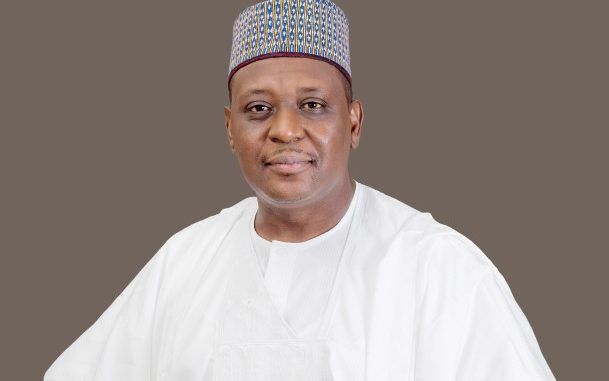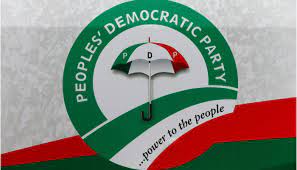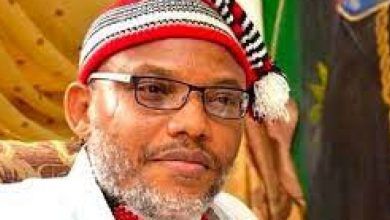
Nigeria’s coordinating minister of health and social welfare Ali Pate, has announced that the federal government is preparing to engage 28,000 Nigerian health workers who were previously funded by the United States Agency for International Development (USAID). This move comes in response to a policy shift by the US government, which has paused foreign aid, including HIV treatment funding.
Speaking during a televised interview, Pate emphasized the government’s readiness to take full ownership of the nation’s healthcare sector. This is particularly critical given the recent funding changes tied to an executive order issued by former US President Donald Trump. The order affected USAID’s operations and resulted in a suspension of funds under the President’s Emergency Plan for AIDS Relief (PEPFAR).
PEPFAR has been instrumental in providing HIV treatment to over 20 million people worldwide, including 566,000 children under 15 years old in Nigeria. However, despite the funding pause, the United States government approved a waiver to ensure that individuals living with HIV can continue receiving treatment.
In response, the Nigerian government has allocated N4.5 billion for the procurement of HIV treatment packs to support citizens living with HIV/AIDS.
Shifting Focus to National Ownership
Pate further explained that Nigeria’s healthcare sector has long been underfunded, with over 70 percent of the country’s medications and nearly all of its medical devices being imported. While the government currently contributes 30 percent of health expenditures, 70 percent comes from private citizens.
Acknowledging the crucial role foreign donors, especially the US, have played in supporting the Nigerian healthcare system, Pate stressed that the government must now step up to fill the gaps left by the suspension of US aid. He highlighted the need for a stronger focus on national ownership of healthcare resources, both from federal and state governments.
“Quality healthcare is not cheap. As a nation, we haven’t made the necessary investments yet, and we’re asking for the highest quality care,” Pate remarked. “We are a capable country, and while we appreciate international support, we are not begging. We are ready to take responsibility.”
As part of this shift, Pate confirmed that the 28,000 health workers previously supported by US funding would be integrated into Nigeria’s national healthcare system. These workers, though once funded by USAID, are Nigerian nationals, and it is crucial for the country to transition them into the local workforce.
“We must increase national ownership and ensure that our healthcare system is sustainable in the long term,” Pate added.





